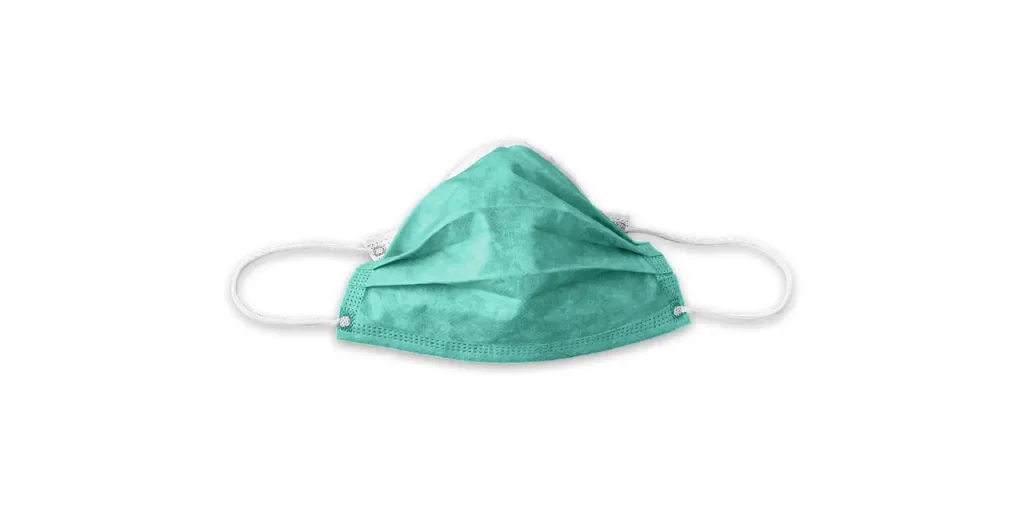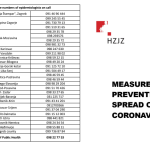Presenting in parliament the first report on the effects of measures taken during the epidemic, Beroš outlined everything the government and the national COVID-19 response team did from 11 March 2020 to 15 January 2021.
“The team adopted the measures in a timely manner, in line with the epidemiological situation, relaxing them when the situation allowed. The team monitors the epidemiological situation on a daily basis and responds alone or in coordination with the county response teams, maintaining a flexible approach.”
Beroš said Croatia launched the measures to curb COVID very early, adding that sometimes they differed between counties depending on the epidemiological situation.
He said Croatia had two waves of curbing the epidemic, the first in spring 2020 and the second in the autumn, which saw a surge in new cases and which lasted until mid-December, when the situation started to calm down thanks to new restrictions.
“Today’s incidence is 119.5 new infections in 14 days per 100,000 inhabitants, which ranks us as the seventh most successful country in the EU.”
Vaccine procurement
Beroš also spoke about the procurement of vaccines. “The member states authorised the European Commission to negotiate with vaccine manufacturers on their behalf at a time when it was still unknown who would develop a vaccine and when, and to conclude advance purchase agreements with those it thought would manage to manufacture the vaccines.”
Doses have been distributed to the member states under Eurostat’s methodology, in solidarity and proportionate to the population, and Croatia has signed agreements with five manufacturers to ensure enough doses for the free vaccination of all citizens, Beroš said.
“By 15 January, we ordered 6.8 million doses, which covers our needs, with each patient receiving two doses.”
Interior Ministry State Secretary Terezija Gras said the national COVID-19 response team introduced the measures primarily to protect people’s lives and health, and that it did so proportionally so as to restrict the economy and other spheres of social life as little as possible.
“The opinions and recommendations of epidemiologists and scientists were acknowledged,” she said, adding that precedence was given to prevention and education, rather than enforcement.









